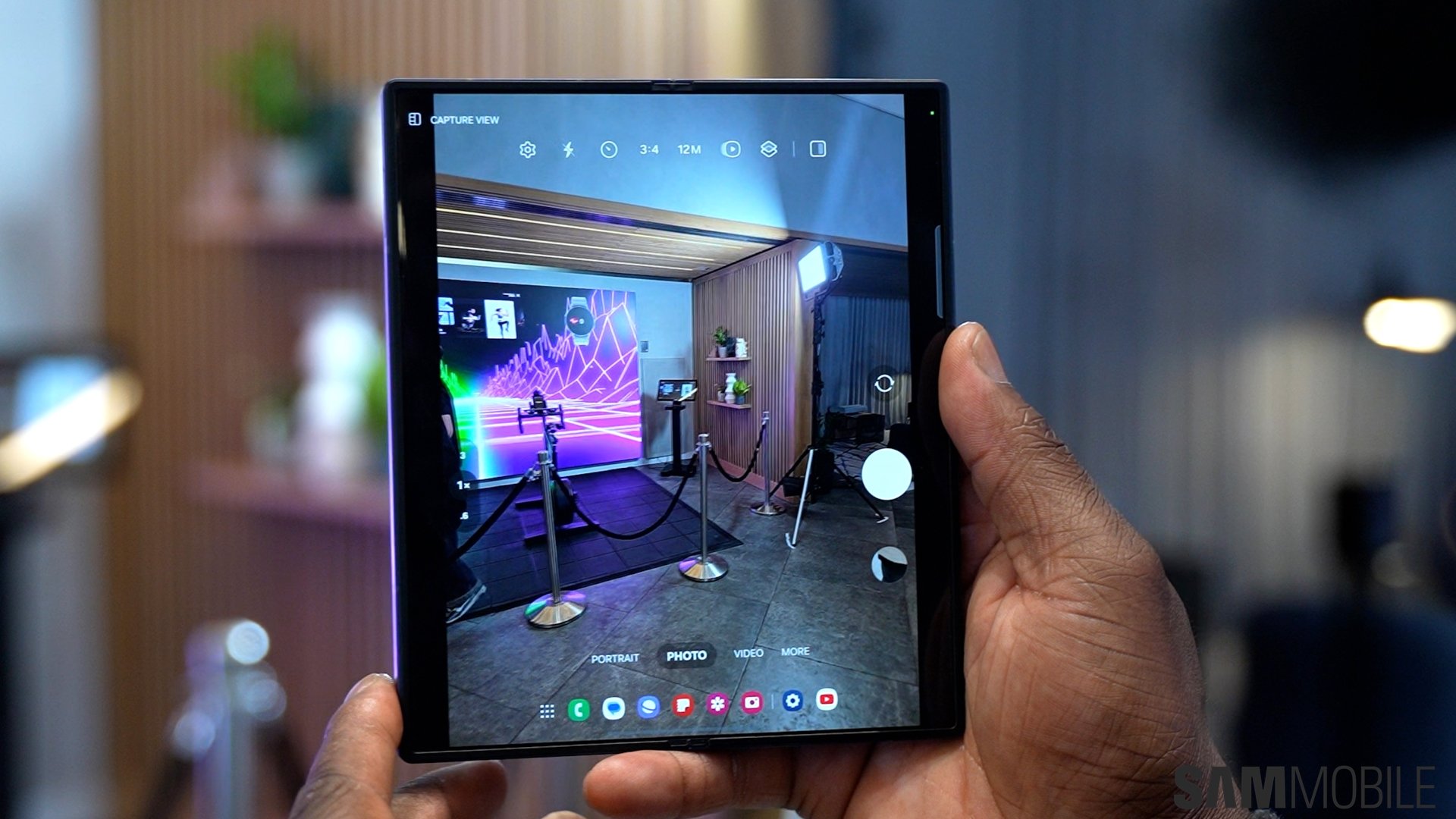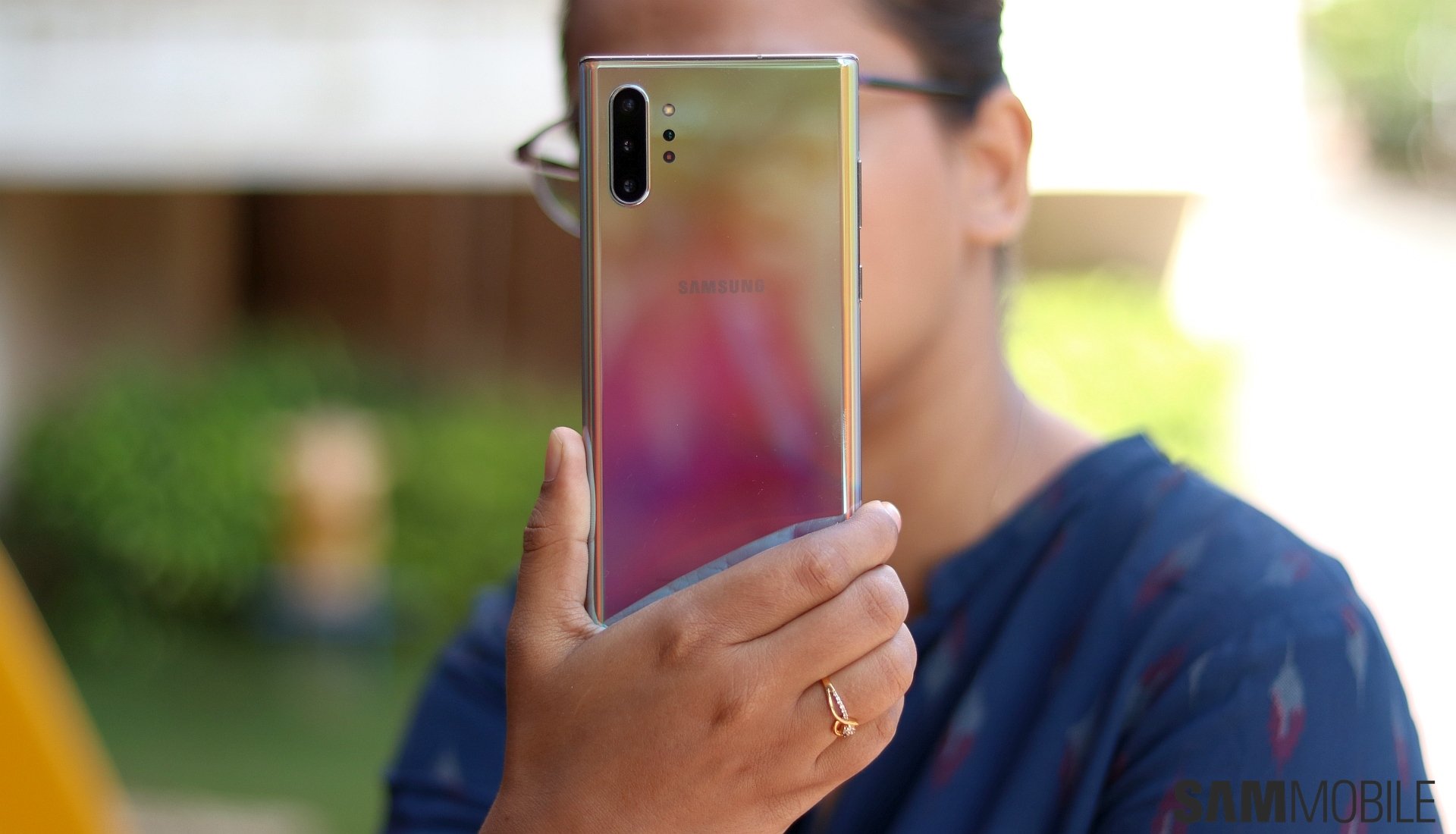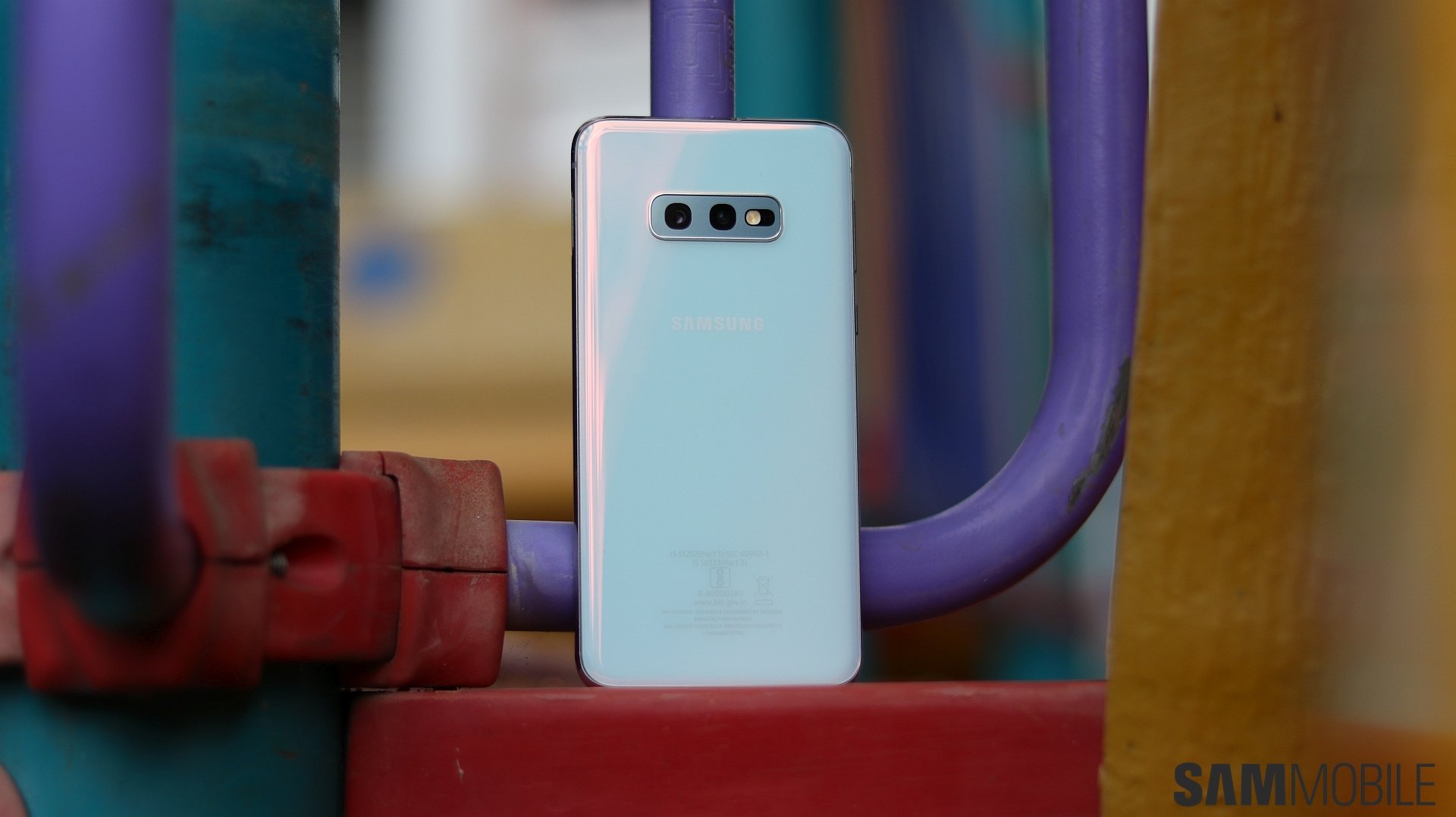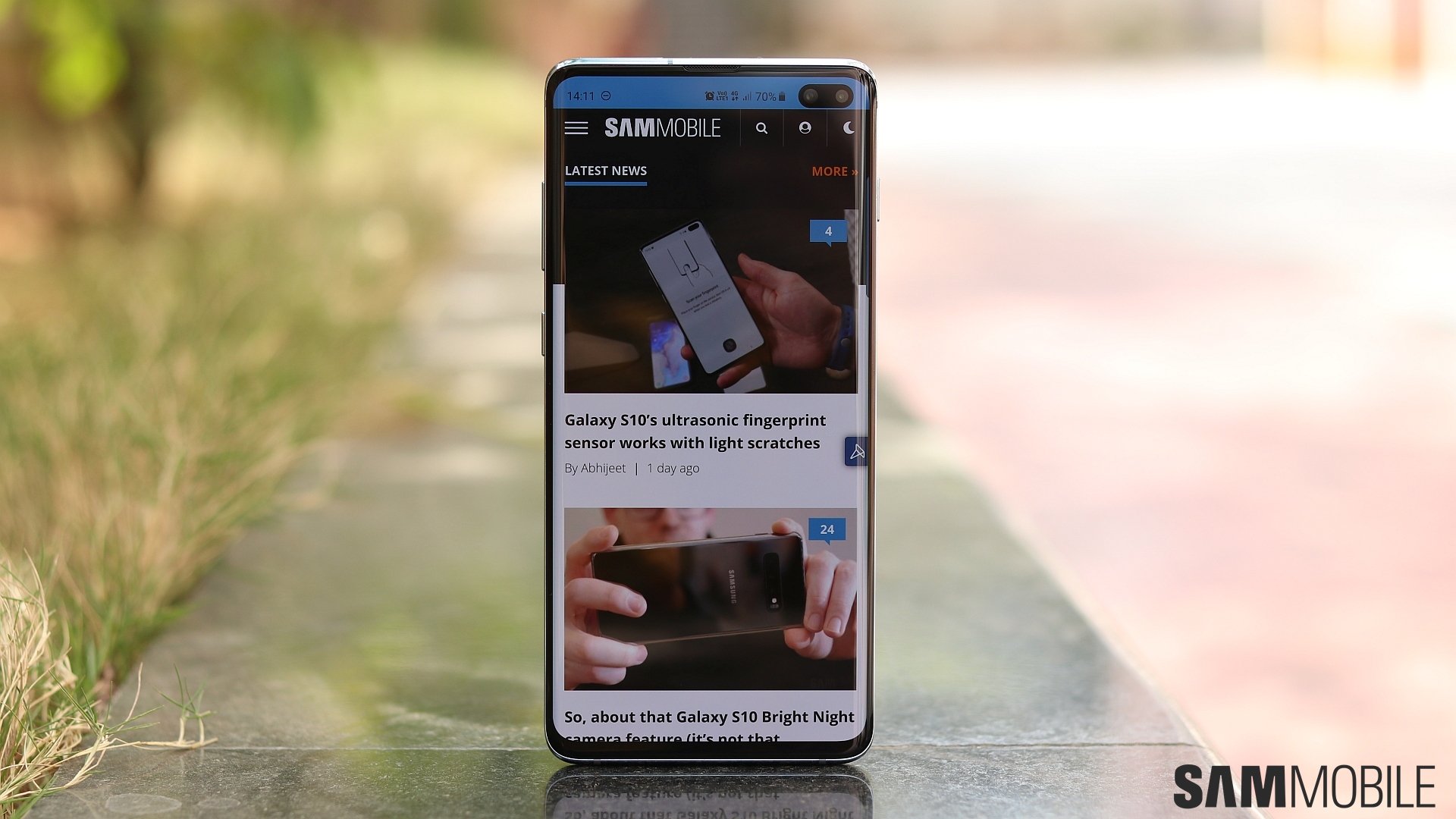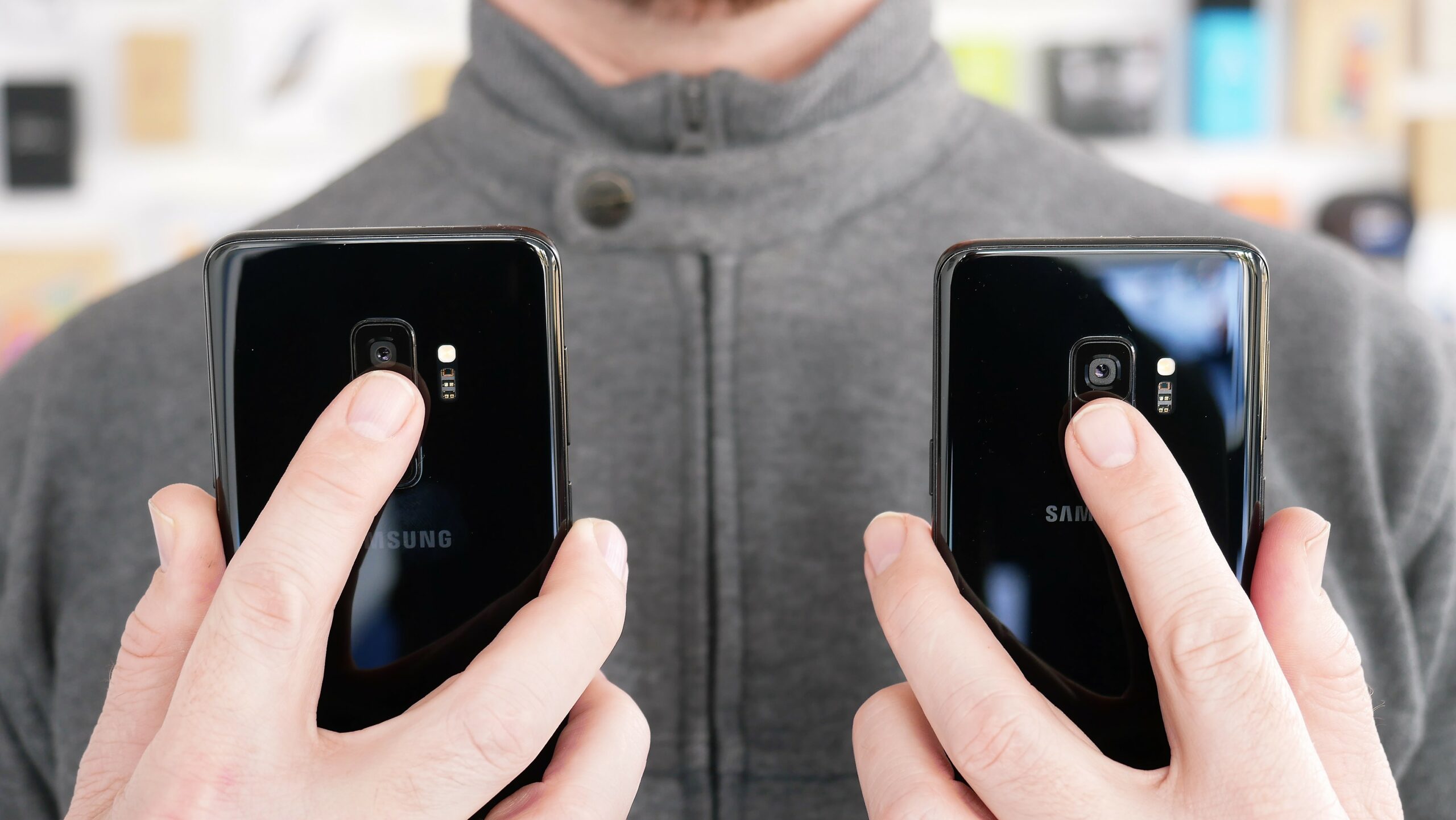
A new report out of South Korea suggests that Samsung will get the best in-display fingerprint sensor that Qualcomm has to offer. The company's third-generation ultrasonic sensor will not only be faster but more accurate as well.
Galaxy S10 in-display fingerprint sensor
Samsung is obviously late to the in-display fingerprint sensor party as multiple Chinese OEMs have released handsets with the sensor in the display. However, they have opted for optical sensors. Samsung has reportedly gone with Qualcomm's third-generation ultrasonic in-display fingerprint sensor for the Galaxy S10.
These sensors work by transmitting an ultrasonic pulse against the finger. This is done to map the pores and ridges that are unique to every fingerprint. The sensor thus collects additional depth data which is used for accurate 3D reproduction of the fingerprint. This leads to higher accuracy and subsequently, better security.
Qualcomm's first-generation ultrasonic sensor was launched in 2015. Its second-generation ultrasonic in-display fingerprint sensor was used by a few Chinese manufacturers in their devices last year. Samsung is likely to be the first manufacturer to use the third-generation sensor. It would also be the first time that Qualcomm's ultrasonic sensor gets picked for a device as high-profile as the Galaxy S10 which is likely to ship many million units across the globe.
The Galaxy S10 may not be Samsung's first smartphone with an in-display fingerprint sensor, though. There's a possibility that the company could launch a new mid-range handset in China soon which would feature this technology. Since it's expected to be a mid-range device it may have an optical in-display fingerprint sensor. Samsung said recently that its new strategy is to bring innovative new features to mid-range devices before flagships.














